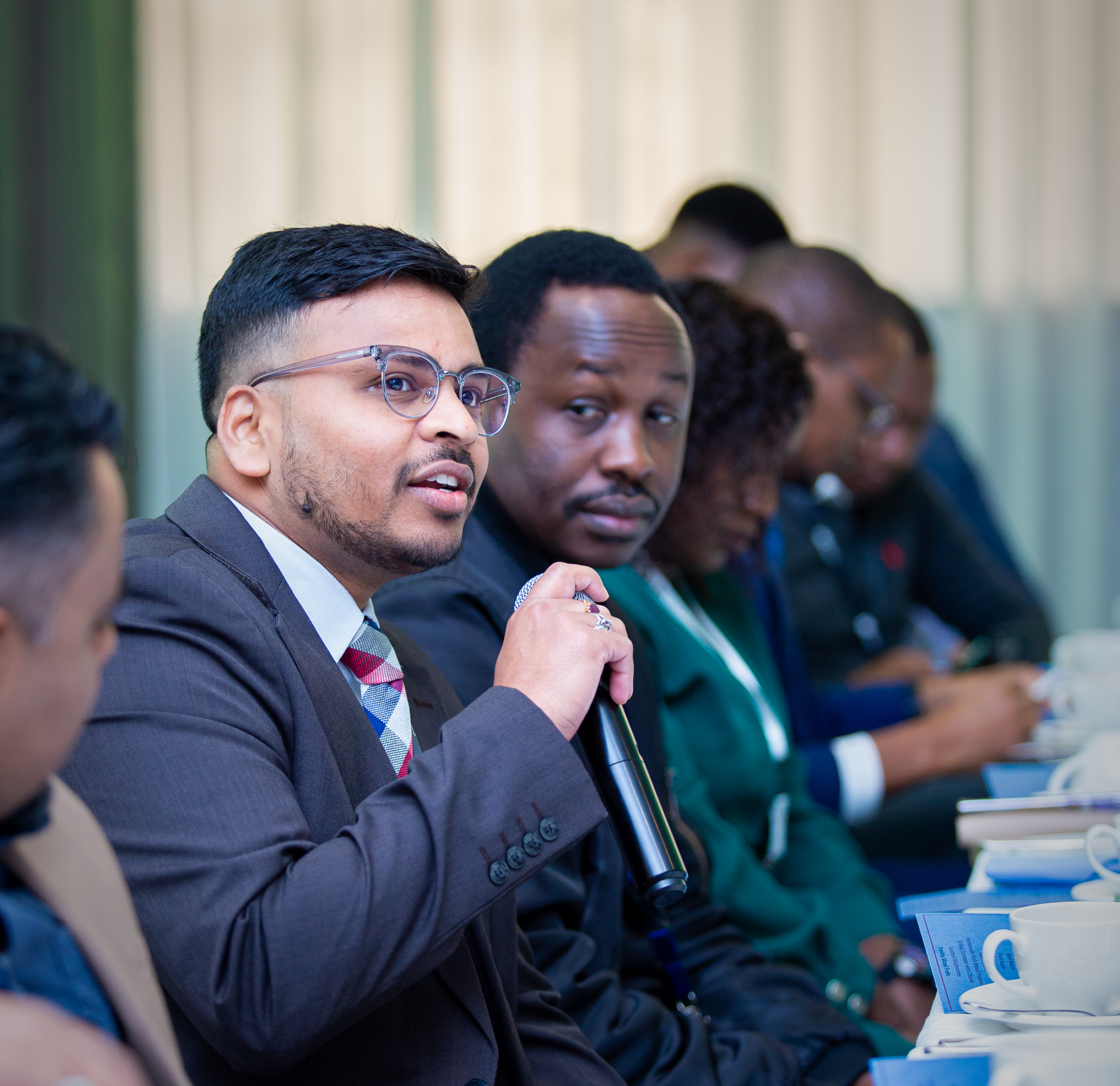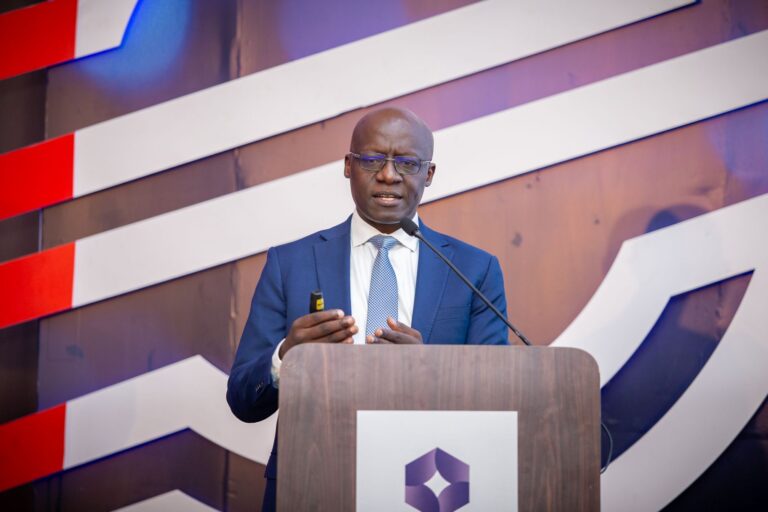Reaching The Last Mile In Financial Inclusion
On the final day of the BFSI Week 2025 in Nairobi, a premier forum for banking, SACCO, and insurance leaders, experts tackled one of the sector’s most urgent challenges: expanding financial access and inclusion to the last mile.
In a panel discussion titled “Reaching the Last Mile: How Technology Expands Access,” experts explored the practical ways technology is being used to bridge the financial divide, particularly for underserved, rural, and low-income communities.
Moderated by Wambui Mbesa, CEO of Relational – East Africa, the panel featured insights from Plounne Oyunge, Chief Growth Officer at PesaLink, Hussein Omar Hussein, Group Head of Digital Transformation and Shared Services at Diamond Trust Bank Kenya, and Fidelis Muia, Director of Technical Services at the Kenya Bankers Association.
The panellists discussed how agency banking continues to serve as one of the most effective ways of delivering financial services to remote areas. By leveraging agent networks and low-cost, scalable infrastructure, banks and financial institutions are able to reach customers in regions where traditional branches are unfeasible.
Another key theme was the importance of collaboration, particularly, between banks and fintechs. Panellists emphasized that opening up banking technology systems to fintech partners enables them to serve specific customer niches more effectively, boosting financial inclusion through specialized innovation.
However, successful innovation must be matched by a supportive regulatory environment. The panel called for a structured approach to deepening financial inclusion, one that aligns policy and innovation, and includes regulatory frameworks that can keep pace with emerging technologies.
Digital transformation, they noted, must be approached with a customer-first mindset. “Technology should solve problems in simple and effective ways,” said Hussein. Rather than focusing purely on digitization for efficiency’s sake, panellists urged institutions to focus on solutions that directly improve people’s financial lives.
One of the most powerful takeaways was the role of trust in emerging technologies like AI. As financial institutions explore AI’s potential to improve service delivery and personalize financial offerings, they must also build public confidence in how these tools are used. Open communication, transparency, and user education were cited as critical to building that trust.
The discussion concluded with a call to rethink how impact is measured in financial inclusion. “It’s not about access,” Mbesa said. “If you want to serve the underserved, it’s about the impact.” The industry must shift from measuring how many people have access to services to understanding how those services improve lives: through better savings, access to credit, and broader economic participation.









